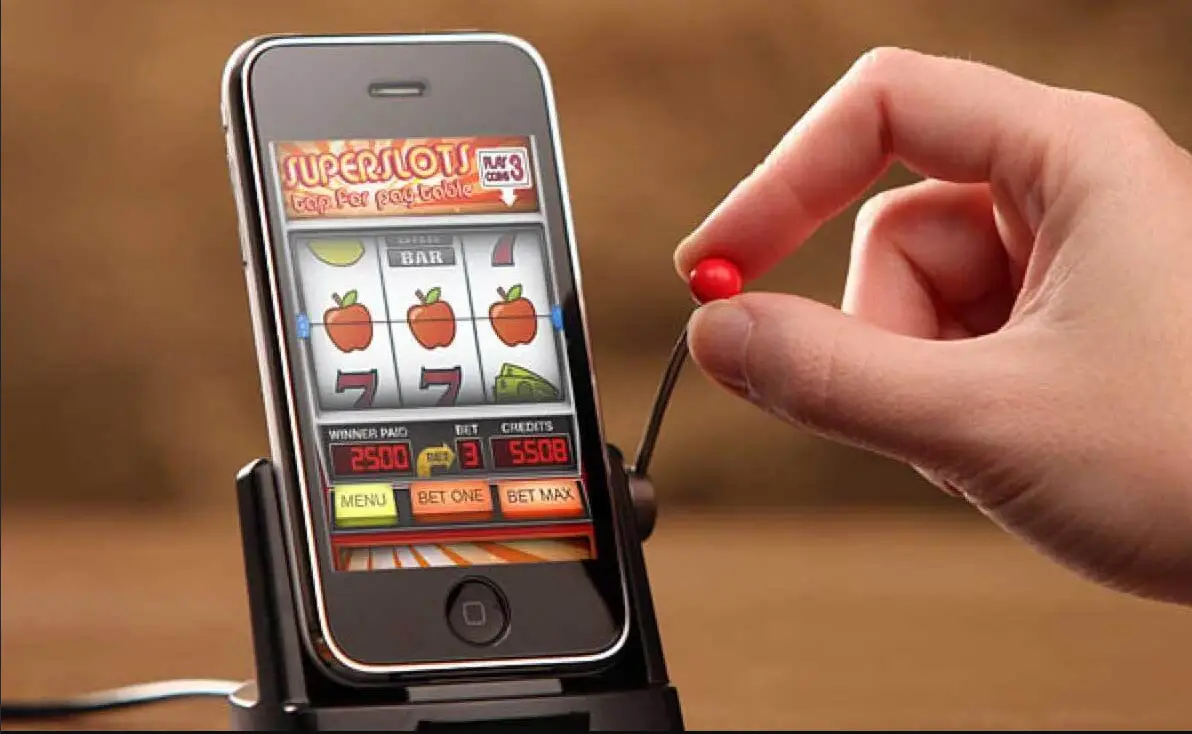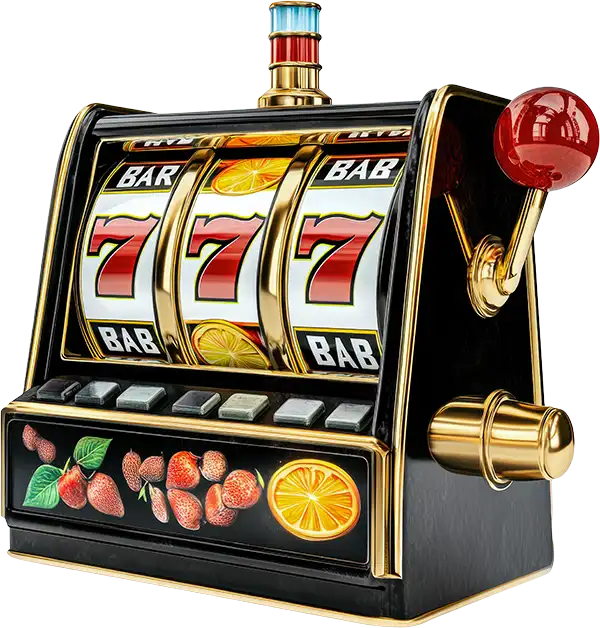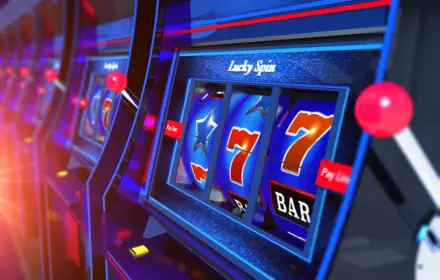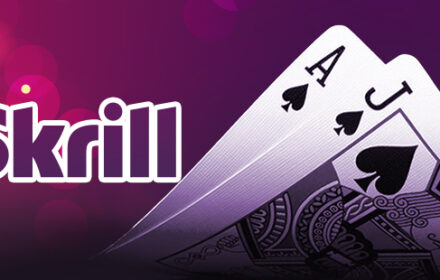
Strategies and tips for maximising your winnings, achieving consistent gambling success, as well as best practices and tips to help you avoid common mistakes
Read moreOnline slot machines are a modern way to enjoy your favourite slots anywhere in the world and at any time. Instead of going to a casino, all you need is access to the internet to plunge into an exciting world of colourful bonuses, diverse themes and high chances of winning.
View statistics

The slot machine industry is undergoing a revolution comparable to the transition from simple mobile games to VR universes. Developers are completely reimagining the concept of slots, turning them into complex systems with elements of strategy, economics, and storytelling. The top new slots of 2025 demonstrate a radical departure from traditional formats — there are …

Skrill for casinos has long ceased to be just a “digital wallet for bets.” A financial instrument with a good reputation manages bets and payouts faster than many banking services, shaping a culture of convenient transactions without trembling at every operation. Skrill Wallet: Origin and Purpose The brand’s history began in London when the payment …

Launching a slot machine is akin to choosing between visiting a modern technology museum and exploring an antique gallery. Both places offer aesthetic enjoyment, but the principles of engagement are fundamentally different. Understanding the internal mechanics of each format transforms random entertainment into conscious strategy. The question of how video slots differ from regular slots …

The theme of mysticism, night hunters, and ancient castles has long created a stable category of slots where the artistic atmosphere influences the perception of the gameplay no less than the technical parameters. This segment is developing in parallel with horror culture, cinematography, and the aesthetics of Gothic novels. Each new development strives to stand …

The iGaming market in October demonstrates a sharp shift towards dynamic mechanics, aggressive mathematical models, and content that generates maximum audience response. The updated top slots of October 2025 are now formed not only based on RTP or bonus frequency: leaders attract traffic thanks to special visual solutions, non-standard gameplay, high volatility, and the ability …

The withdrawal fee at online casinos determines the real value of the winnings and often changes the final balance more than the expected payout percentage. Financial platforms, limits, and hidden conditions create a chain of expenses that can reduce the final amount by 3–15%. Practice shows that transparency of rules is encountered less often than …
Winning at a casino can significantly increase your capital, making the game financially attractive.
When you win, you not only enjoy the excitement of the game, but also get a chance to relax and get distracted from everyday worries.
Winning at casinos is often an opportunity to socialise and make new acquaintances with other players, which makes the gameplay more exciting.
Success in the game brings joy and satisfaction, creating unforgettable moments and increasing adrenaline levels.
Winning at a casino can be a great addition to your budget. If you approach the game with intelligence and strategy, it is not only fun, but also an opportunity to earn money.

★★★★★
Every time I manage to win at a casino, I feel an incredible rush of emotions. It's not just money - it's adrenaline and joy, which is hard to compare to anything else!

★★★★★
Casino games can be a great way to relieve stress, especially when you manage to win. It creates a sense of achievement and positive emotions, which is important for mental health.

★★★★★